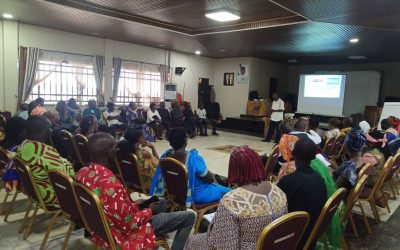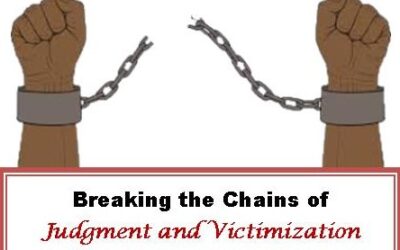Trocaire, the Irish funded non-governmental organization, in partnership with the Centre for Accountability and Rule of Law (CARL), has embarked on a programme to increase “women’s access to justice” in the Northern Province of Sierra Leone. The overarching goal of the programme is to help protect women’s rights and increase community awareness about gender-related laws. The choice of region was informed by a baseline report that identified the Northern Province to be among the places with the highest prevalence of sexual and gender-based violence (SGBV) in the country.
During the early implementation phase of the project, there was considerable emphasis on community sensitization regarding laws that protect women and girls, raising awareness about SGBV, and undertaking strategic advocacy for better policies and laws that protect women and girls. Part of the reason was that it would have been almost impossible to change a perennially conservative attitude of a predominantly male society towards women if strong efforts were not made to sponsor public education programmes on gender and women’s rights. Perhaps, the conservative attitude towards women partly explains why there was such a high level of acceptability of SGBV in communities that CARL currently works.
There are persisting challenges, of course, but clearly some changes are happening in the various communities. This year, CARL has successfully mobilized men and women in the 12 project communities to work together with the aim of preventing and addressing SGBV. We have also partnered with court and police officials to help implement the project. Although these groups have contributed to ongoing efforts to enhance protection for women and girls in no small measure, there was need to harness untapped resources which could be of immense contribution to achieving the objective of the project. An example of such untapped resources is traditional leaders, who still carry immense respect and authority in their communities. Their influence hinges on the fact that they play a key role in community development initiatives; help define customary laws; and reach communities through different means, including community meeting or dialogue sessions.
In spite of their immense influence and authority, CARL recently found that local authorities were being grossly under-utilized with respect to combatting SGBV at community level. In some ways, it seems like traditional leaders have been a missing link in ongoing efforts to address SGBV. This is why CARL is now making strong efforts to make traditional leadership an integral part of the overall strategy of addressing SGBV.
In order to strengthen community-based initiatives and to understand the potential role of traditional leaders in the prevention of SGBV, a series of workshops were held in three chiefdoms in the Bombali District: Bombali Shebura, Makarie Gbanti, and Paki Masongbo Chiefdoms, with 30 participants from each chiefdom. These communities were selected based on the SGBV prevalence level. The workshops also provided information on the state of SGBV in the various communities, thus highlighting the need for a multi-sectoral approach to addressing SGBV, and the binding role traditional leaders can play in the prevention of SGBV in their respective communities. For far too long, traditional authorities have been suspicious of efforts to protect the rights of women, sometimes claiming that such efforts seek to undermine the custom and ethos of their societies. They had considered, and many still think of such efforts as an attempt to undermine the social fabric of the society. Patriarchy still partly accounts for gender-based violence. For instance, wearing miniskirts or refusing your partner’s sexual advances could be a justification for a man to beat up his wife.
But this attitude is gradually changing, thanks to ongoing efforts to educate both men and women about women’s rights as well as get them to play a major role in combating violence against women. Some chiefs have made public undertaking to impose stiff fines for minor offences against women such as insults. They have also vowed not to ever enable out-of-court settlements for serious incidents of SGBV. Many have also indicated their willingness to support and participate in social mobilization campaigns in and around their communities. Female community leaders are also willing to join in. Women’s leaders are also helping to create an enabling environment for increased reporting, referral and support of SGBV cases in their communities.
The willingness of traditional leaders to occupy the frontline in the fight against SGBV creates so much hope. With constant engagement and further education programmes, traditional authorities could provide a big fillip in ongoing efforts to combat SGBV at the community level.



